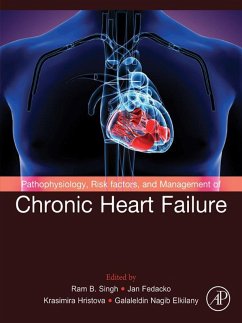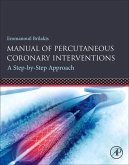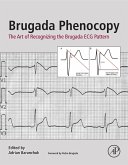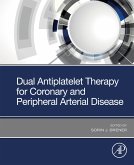This first volume is focused on the epidemiology, classification, molecular mechanisms, pathophysiology, causes, identification and interactions of heart failure. It will explain the uncertainties and issues in Heart Failure by helping readers understand the physiopathology of CHF in the light of behavioural risk factors. 2D and 3D speckle tracking echocardiography have been used to quantify regional alterations of longitudinal strain and area strain, through their polar projection, which allows a further evaluation of both the site and extent of myocardial damage. The analysis of strain can identify subclinical cardiac failure (myocyte remodelling) which is a major issue in CHF. Myocardial Strain, measure by speckle tracking echocardiography, is frequently attenuated in these conditions and can be utilized for the evaluation of disease progression and the effect of therapeutic interventions as well as prevention because it could be a manifestation of behavioural risk factors.
These 2 separate volumes serves as essential references to both researchers and practicing clinicians, proposing novel methods of research by using behavioural and environmental risk factors as intervention agent, as well as discussing deficiency in the present approaches in management of HF and proposing new methods of early diagnosis and therapies for the clinical management of CHF.
- Includes a number new and controversial topics: Roles of both behavioural and nutritional risk factors in CHF; considering behavioural intervention which may change the remodelling, as well as nutrient supplementation or change of diet in preventing CHF or converting resistant HF in to HF responding to therapy; Evidence-based knowledge on CHF, with an emphasis on viewing CHF as a disease of the brain and contribution from other systems; Pre-Heart failure which can be prevented to restore normal cardiomyocyte function; Pathogenesis of HF in chronic kidney disease; 2D and 3D speckle tracking echocardiography
- Includes never-published tables and figures to aid understanding of the topics
- Contributions from international leading experts in the field, written with the aim of serving both researchers and practicing clinicians
Dieser Download kann aus rechtlichen Gründen nur mit Rechnungsadresse in A, B, BG, CY, CZ, D, DK, EW, E, FIN, F, GR, HR, H, IRL, I, LT, L, LR, M, NL, PL, P, R, S, SLO, SK ausgeliefert werden.









